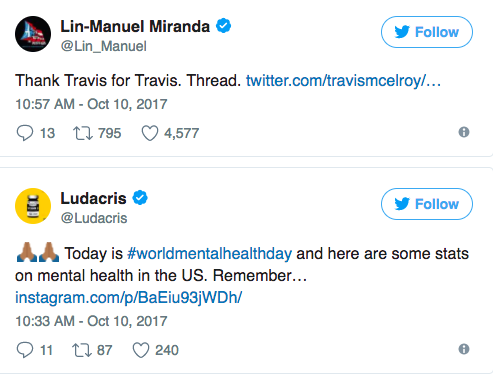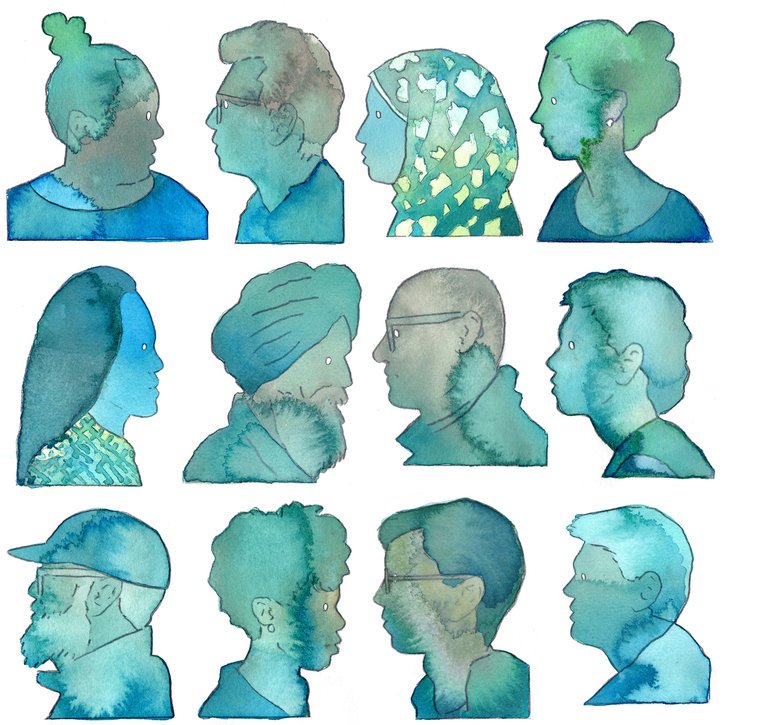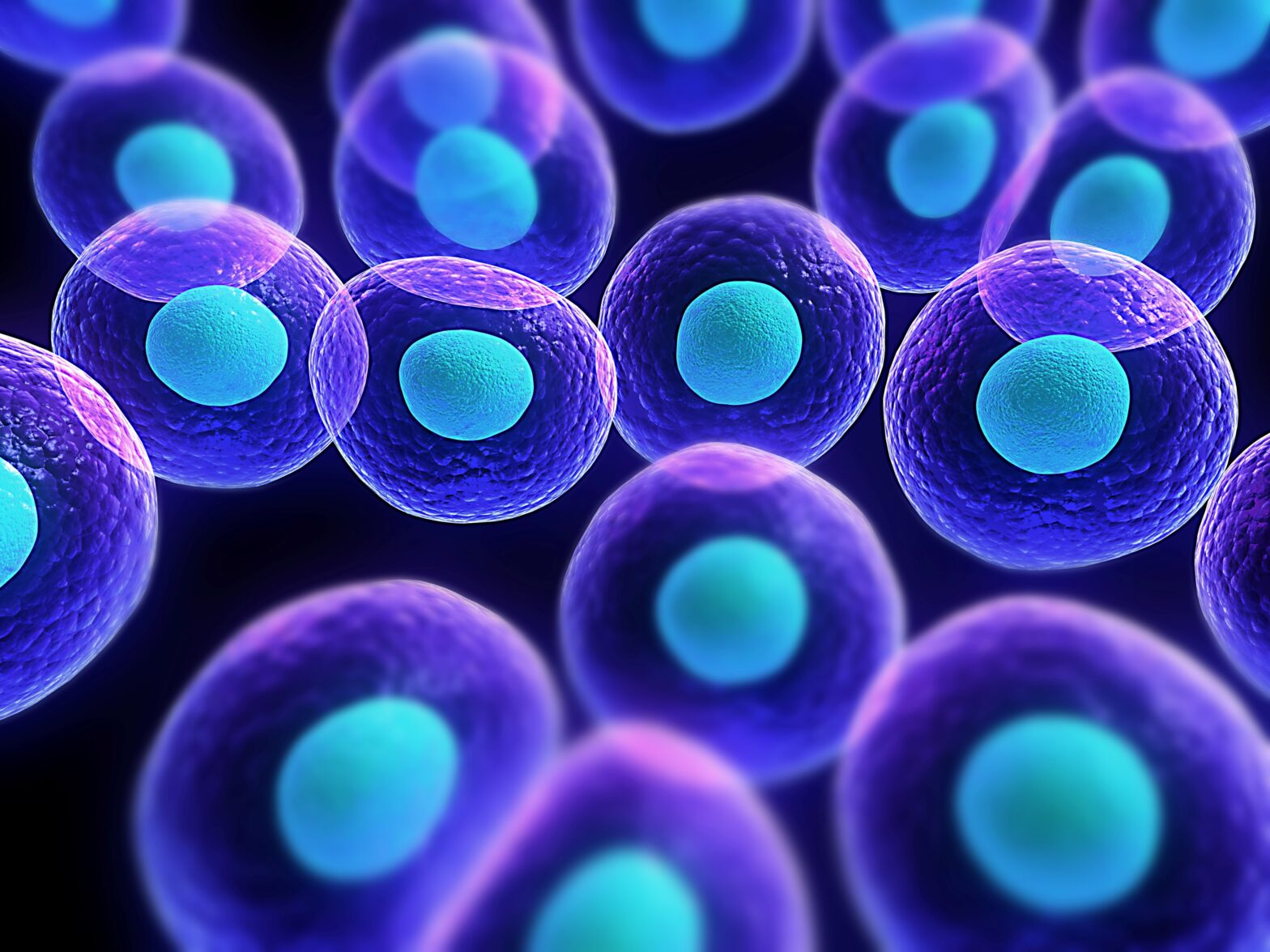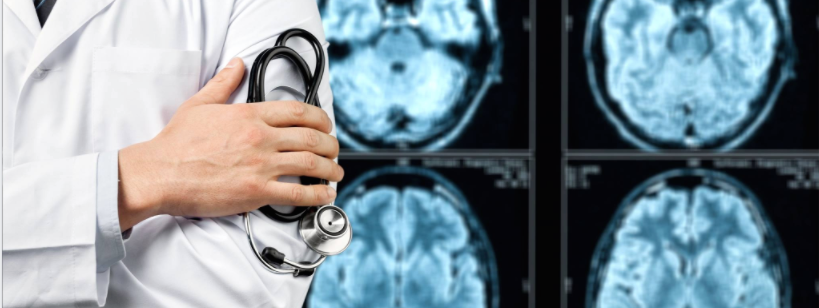
Today we’ve seen the emotionally charged hashtags around #WorldMentalHealthDay shared by affected friends, families, coworkers as they’ve filled up our news feeds with staggering statistics and moving stories. In unison, this online awareness has shed light on mental health issues and sparkled significant conversations. All of them pointing towards the need for resources, answers, clarifications, branching together and fighting against the stigma that surrounds mental health illnesses.
Celebrities too, have come forth to express their ties to mental health with their personal stories to their fans while tweets with powerful imagery have weighed on the online world to champion today’s movement. In an effort to join into the global conversation surrounding today, we’re exploring the top 3 myths surrounding mental illnesses and the truths behind each one.
Anxiety

Myth: Anxiety can be resolved by just avoiding stressful situations all together or bringing rubber bands or paper bags along your day to day’s to get over those panic attacks.
Reality: Though anxiety is treatable, it remains as the most familiar mental illness affecting 40 million adults every year. In a perfect world, avoiding stressful situations would be an easy fix but we all know that this simply isn’t how our day to day lives work. Situations happen, at times quite sporadically and even the smallest things can affect an individual suffering from anxiety. Additionally, suppressing situations will actually work against someone with anxiety, as the anticipation will snowball every time a situation is avoided or ignored, becoming stronger and louder. The more you resist, the likely anxiety persists. As for the hyperventilation techniques used with paper bags, they create a dependancy on that chosen object, which in turn, makes you anxious about being anxious.
Depression

Myth: Depression is all in your head, and there are no physical repercussions that come from it. It can easily be cured by the right antidepressant.
Reality: There are many types of depression that can be diagnosed, and though they predominantly affect the emotional, mental state they can also be noticed through physical signs that are often overlooked. Indications like insomnia, fatigue, lack of appetite, muscle aches or chest pains are all noticeable ways that depression can affect our bodies. Since depression comes in many shapes and forms, finding the right antidepressant can become quite the challenge for many folks. One pill simply does not work for everyone and it the process when starting the treatment can take up to six weeks. Though medication is one of the common ways to fight depression, others find treatments in therapy.
Schizophrenia

Myth: Schizophrenia means you have multiple personalities talking to you in real time. It makes you dangerous and untrustworthy.
Reality: Schizophrenia can be spotted through a wide array of different symptoms, but not one of those allude to having multiple personalities. Though there are 5 different types, schizophrenia as a whole, affects the way a person thinks, acts, expresses emotions or perceives reality. Since this often comes with psychotic symptoms like delusions and hallucinations, main stream society has time and time again portrayed schizophrenic patients as dangerous, criminals that violently act out. This couldn’t be further from the truth: reports show that the majority of patients suffering are non violent, and if the crimes were incidentally tied to an individual with the schizophrenia, that it was not correlated to their symptoms.
There are many other mental health illnesses that surround us everyday, often living through people we know or begin to know. Today, we urge you to do your part in joining to fight the stigma against these diseases that affect so many of us. For #MentalHealthAwarenessDay take a moment to research, read or simply reach out and speak to someone suffering.
.
 One of these investments will go towards developing blood tests, similar to those of HIV to help early signs of Dementia surface ahead of time. While today there are PET scans available to determine these symptoms ahead, having both types of research will come closer to unraveling the thread on the topic of pre-Alzheimers.
One of these investments will go towards developing blood tests, similar to those of HIV to help early signs of Dementia surface ahead of time. While today there are PET scans available to determine these symptoms ahead, having both types of research will come closer to unraveling the thread on the topic of pre-Alzheimers.








